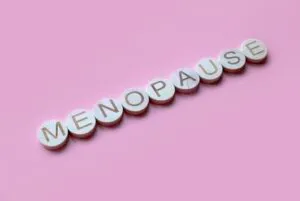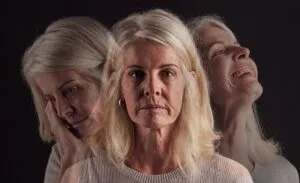[fusion_builder_container hundred_percent=”no” equal_height_columns=”no” menu_anchor=”” hide_on_mobile=”small-visibility,medium-visibility,large-visibility” class=”” id=”” background_color=”” background_image=”” background_position=”center center” background_repeat=”no-repeat” fade=”no” background_parallax=”none” parallax_speed=”0.3″ video_mp4=”” video_webm=”” video_ogv=”” video_url=”” video_aspect_ratio=”16:9″ video_loop=”yes” video_mute=”yes” overlay_color=”” video_preview_image=”” border_size=”” border_color=”” border_style=”solid” padding_top=”” padding_bottom=”” padding_left=”” padding_right=””][fusion_builder_row][fusion_builder_column type=”1_1″ layout=”1_1″ background_position=”left top” background_color=”” border_size=”” border_color=”” border_style=”solid” border_position=”all” spacing=”yes” background_image=”” background_repeat=”no-repeat” padding_top=”” padding_right=”” padding_bottom=”” padding_left=”” margin_top=”0px” margin_bottom=”0px” class=”” id=”” animation_type=”” animation_speed=”0.3″ animation_direction=”left” hide_on_mobile=”small-visibility,medium-visibility,large-visibility” center_content=”no” last=”no” min_height=”” hover_type=”none” link=””][fusion_text columns=”” column_min_width=”” column_spacing=”” rule_style=”default” rule_size=”” rule_color=”” hide_on_mobile=”small-visibility,medium-visibility,large-visibility” class=”” id=””]
 The symptoms of menopause are a direct response to declining hormones, specifically estrogen, progesterone, and testosterone. This can occur naturally or it can occur surgically via oophorectomy (ovary removal). The decrease in hormone levels will likely bring on symptoms like night sweats, palpitations, insomnia, anxiety, weight gain, irritability and hot flashes. Many women notice an increase in vaginal dryness causing painful intercourse as well as dry skin as hormone levels decline.
The symptoms of menopause are a direct response to declining hormones, specifically estrogen, progesterone, and testosterone. This can occur naturally or it can occur surgically via oophorectomy (ovary removal). The decrease in hormone levels will likely bring on symptoms like night sweats, palpitations, insomnia, anxiety, weight gain, irritability and hot flashes. Many women notice an increase in vaginal dryness causing painful intercourse as well as dry skin as hormone levels decline.
Some cognitive symptoms caused by the onset of menopause are poor memory and difficulty concentrating. Some women describe their minds as “fuzzy” like there are cobwebs affecting their ability to think clearly. This causes frustration and fear for many women that accomplishing the same tasks as before menopause becomes more of a challenge.
On average, menopause begins for women between ages 50-55 but can begin having symptoms of menopause after age 40, sometimes referred to as “peri-menopause”. Some women may notice that their menstrual cycle is lighter and shorter than in the past. It is hard to predict exactly when menopause will strike, even if a family indicates a common age. This is why knowing the symptoms is so important. Education is the best place to start when approaching the age of menopause or peri–menopause. Asking questions and doing research will help to prepare you for what options are available to help with symptoms and what to expect.
Unfortunately, the symptoms are not the only negative issue that comes with menopause and lowered hormone levels. Women begin to deteriorate as the hormones drop and become more irregular. A good example of that is bone loss and Osteoporosis.
Bone deterioration is something that is commonly pushed aside as just another part of aging. Osteoporosis is a condition that can lead to devastating injuries and fractures. Having a fracture may not seem like a serious condition but often fractures can lead to serious complications in healing. Osteoporosis affects millions of women over the age of 50. Keeping your hormones balanced, getting regular bone scans and properly supplementing with calcium and vitamin D per your doctor’s instructions are all important in reducing the risk of developing Osteoporosis.
Bio-Identical hormone replacement (BHRT) therapy is a safe and effective treatment, when properly monitored by a specialist. BHRT is an effective way to replace sex hormones (estrogen, progesterone, and testosterone) for menopausal or even peri-menopausal women. These hormones are not synthetic and not the hormones that were linked to various health concerns in the Women’s Health Initiative. Bio-Identical hormones are derived from a botanical source, such as yams. Bio-Identical hormones share the same structural make-up as the hormones naturally occurring in our bodies.
What is BHRT? Is it safe? Can it help me? There are a lot of questions surrounding Bio-Identical Hormone Replacement. The best way to answer these questions and others is to make an appointment with a Bio-Identical hormone replacement specialist.
[/fusion_text][/fusion_builder_column][/fusion_builder_row][/fusion_builder_container]





